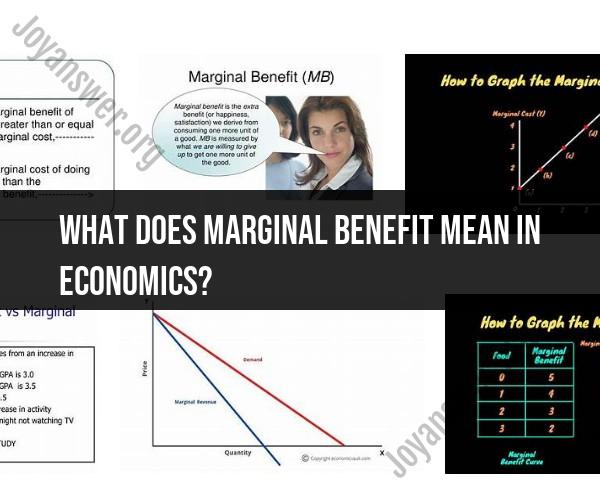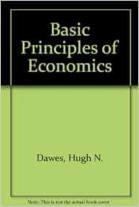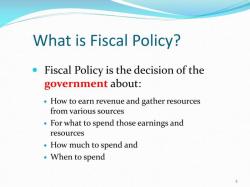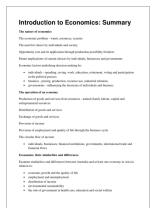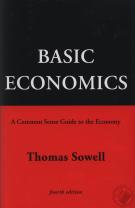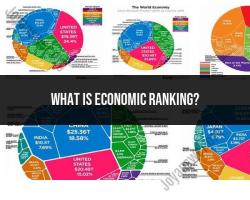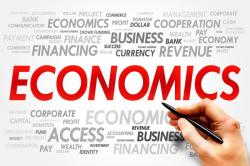What does marginal benefit mean in economics?
Marginal benefit is a concept in economics that holds significant importance in understanding individual decision-making, consumption, and resource allocation. It refers to the additional satisfaction or utility gained from consuming one more unit of a good or service. Here's a closer look at the economic significance of marginal benefit:
1. Optimal Consumption and Production:
- Marginal benefit helps individuals and firms determine the optimal level of consumption or production. Rational decision-makers compare the additional satisfaction gained from consuming one more unit (marginal benefit) to the cost of obtaining that unit (marginal cost). If marginal benefit exceeds marginal cost, it's generally considered worthwhile to consume or produce more.
2. Law of Diminishing Marginal Utility:
- The law of diminishing marginal utility is closely related to marginal benefit. It states that as a person consumes more units of a good, the additional satisfaction or utility gained from each successive unit tends to decrease. This principle reinforces the idea that marginal benefit diminishes as consumption increases.
3. Consumer Surplus:
- Consumer surplus is the difference between the price a consumer is willing to pay for a good and the actual price they pay. Marginal benefit plays a role in determining the maximum price a consumer is willing to pay for an additional unit of a good. If the price is lower than the consumer's perceived marginal benefit, a surplus is generated.
4. Producer Surplus:
- Similar to consumer surplus, producer surplus involves the difference between the price at which a producer is willing to supply a good and the actual price received. Marginal benefit influences a producer's decision to supply additional units, as long as the price exceeds the marginal cost.
5. Demand and Supply Curves:
- In a market context, marginal benefit helps form the demand curve. The willingness of consumers to buy more of a good at a lower price is influenced by their marginal benefit.
- On the supply side, marginal benefit contributes to the supply curve. Producers consider the marginal cost of producing additional units and compare it to the price they can receive.
6. Resource Allocation:
- Marginal benefit informs resource allocation decisions. Scarce resources are allocated to activities where the marginal benefit exceeds the marginal cost. This principle applies to both individual choices and broader societal decisions.
In summary, marginal benefit is a central concept in economics that underlies the decision-making process of individuals and firms. It guides choices about consumption, production, pricing, and resource allocation. Understanding the concept of marginal benefit is crucial for comprehending how people make choices in a world of limited resources and unlimited wants.
